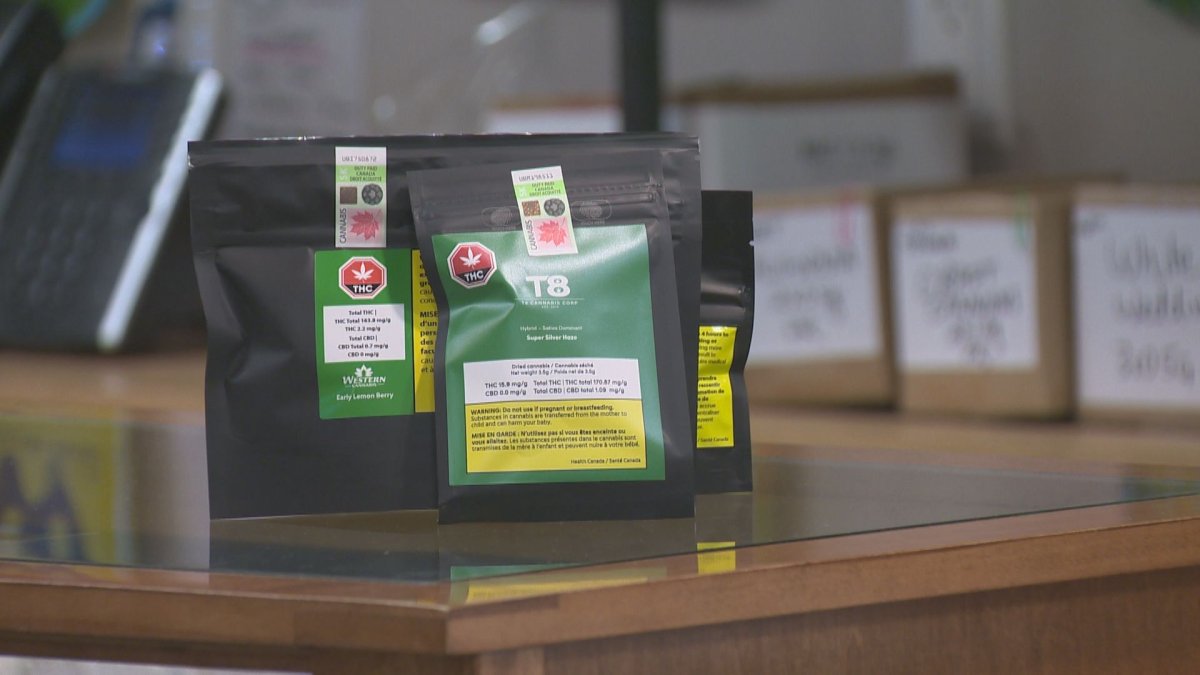Monday, Oct. 17, 2022, marks the fourth anniversary of the legalization of recreational cannabis in Canada.

Today, the Minister of Health and the Minister of Mental Health and Addiction and Associate Minister of Health issued a new statement about the Cannabis Act, which controls the sale, possession, production and distribution of cannabis for recreational purposes.
The Government of Canada aims to keep cannabis away from youth and ensure that adults have access to quality controlled and regulated supply, while reducing the scope and scale of the illicit market.
The statement explains that Health Canada has launched an independent review of the legislation to assess the progress they have made towards achieving the Act’s objectives and identify areas for improvement. This statutory review was originally intended to happen three years after the initial legalization of cannabis.
Dr. Alexander Caudarella of The Canadian Centre on Substance Use and Addiction (CCSA) explains that the centre looks forward to the review and opportunities to contribute evidence on public safety and equity.
“We feel the review provides an important opportunity to ensure Canada is achieving the public health and safety objectives it set when legalizing cannabis. It will also help the public understand what has been learned and researched.”
The council has found that the cannabis industry can be seen as a social and economic success for Canada. From 2018-2021, the cannabis sector contributed 151,414 jobs across Canada, $25.2 billion in labour income and $15.1 billion in tax revenues.

Get breaking National news
Despite the economic achievements that the cannabis industry has brought the country, the progress rests on some key hurdles.
The Cannabis Council of Canada has asked that the review include a broad scope that includes the financial impacts of the Act and its regulations on the financial viability of license holders.
Pierre Killeen, vice-president of the Cannabis Council of Canada, says, “We’re really looking at governments to play a bigger part in competition with the illicit market… and when we say competition with the illicit market, we’re not looking for the war on drugs 3.0, we’re talking for the ability to communicate with consumers and to give them products that they are looking for in a controlled, regulated environments.”
The Saskatoon Police Service explained that in 2018 they focused on illicit dispensaries, notifying them of the need to comply with the law and close down.
“We had compliance with all but one dispensary which required enforcement including multiple searches and seizures before they shut their doors. Since the introduction of the cannabis legislation, we have not seen similar store fronts in operation. The ordering online of illicit cannabis does remain an issue nationwide, however, we do not collect those statistics.”
The Cannabis Council of Canada is also calling on the Government of Canada to fix the excise tax and mark-ups. Originally, the cannabis industry was promised a 10-per cent tax on cannabis products, but in many cases, businesses are experiencing taxes in the 30-35 per cent range.
Overall, they are looking for assistance levelling the playing field with illicit markets, allowing licensed producers to educate consumers about the effects of cannabis, abolishing “nanny state” regulations and strengthening patient access to medical cannabis.
No later than 18 months after the day on which the review begins, the minster must cause a report on the review, including any findings or recommendations resulting from it, to be laid before each House of Parliament.











Comments